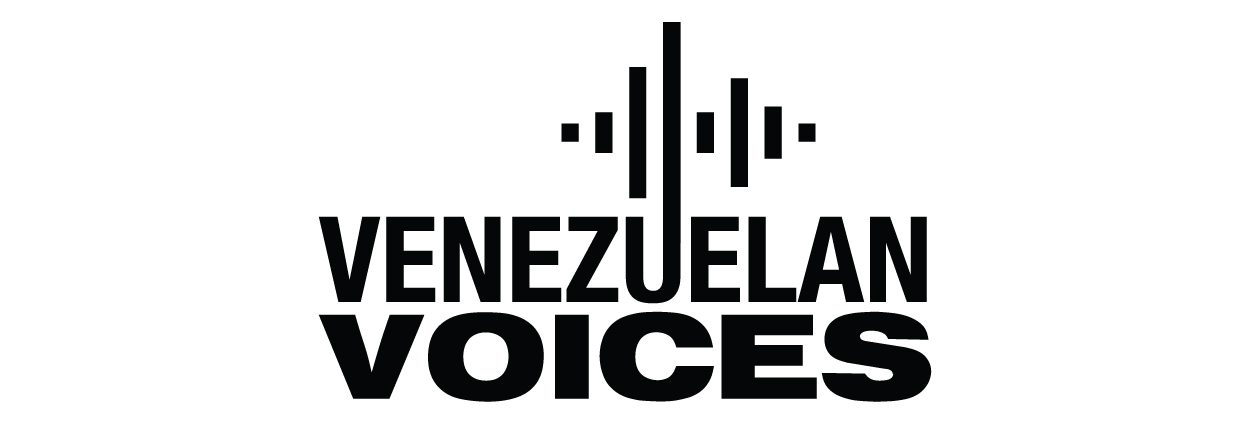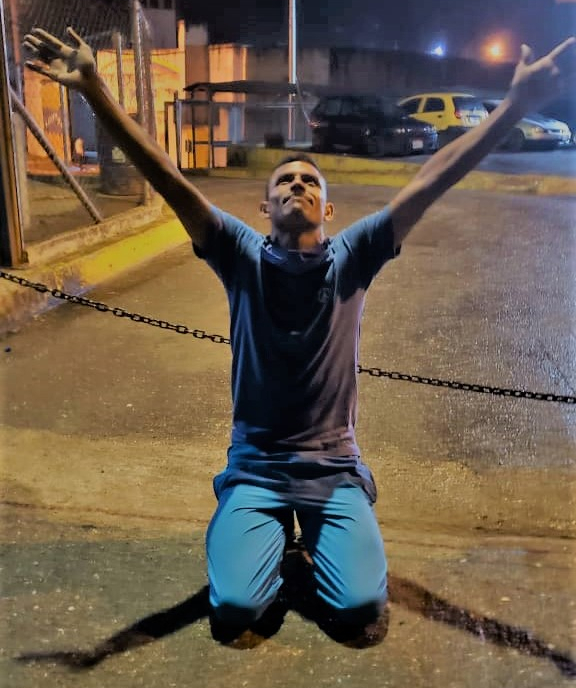Venezuelan Voices
The midnight of April 15, Venezuela’s longest standing political prisoner, Rodney Álvarez, was released from the dungeons of El Rodeo II jail, on the outskirts of Caracas. He finally won a decisive battle against the anti-worker government of Nicolás Maduro, although the struggle for his acquittal and full freedom continues. On April 11, Attorney General Tarek William Saab made public a communication from prosecutor Regino Cova, requesting the review of the measure of preventive judicial deprivation of liberty against Rodney Álvarez to the 11th Judge of the Criminal Judicial Circuit of the Metropolitan Area of Caracas. Although the release was to take place on April 13, penitentiary officials refused to sign the order, in order to avoid a public act of celebration in the streets of Caracas. They preferred to release him in the early hours of the morning of April 15, without prior notice to family or friends, exposing him to serious risks due to the danger of the area in which the prison is located. But they could not erase the victory for Rodney Álvarez, nonetheless.
In prison since June 2011, Rodney Álvarez was a worker of Ferrominera del Orinoco at the time of his arrest. His criminalization reveals the profoundly anti-worker condition of the civil-military dictatorship headed by Maduro.
On June 9, 2011, during an assembly to elect the electoral commission of the Ferrominera del Orinoco union, a state owned iron company in the southeast of the country, the PSUV union bureaucrat Héctor Maicán shot at the mass of workers to disperse them, killing worker Renny Rojas and wounding Luis Quilarque. Dozens of workers were witnesses to this, and the crime was also recorded by security cameras. Maicán was arrested as he fled, by members of the Bolivarian National Guard, who confiscated the weapon with which he fired, and the following day the Prosecutor’s Office announced that he would be charged for the murder of Rojas. Then chavista governor Francisco Rangel Gómez, currently exiled in Mexico under wide accusations of corruption, pressured and obtained Maicán’s release. Consequently, the judicial set-up was plotted to accuse Rodney Alvarez of the crime committed by the Chavista union bureaucracy.
The reason why the PSUV union bureaucracy thugs attacked the workers’ assembly is that they decided to prevent the election of the electoral commission, knowing that they would lose the election, as in fact happened later when the assembly was held a second time. They also knew that when the electoral commission held the union election, they would again lose, as it also happened when Rubén González was elected as head of the union. Though González came from the ranks of Chavismo, he had been a political prisoner between 2009 and 2011, and would be again in 2019, for defending workers’ rights. In 2011, Rodney Álvarez was one of the independent workers promoting González’s union leadership. As part of its anti-worker offensive, while jailing González, the government had intervened the union and placed the PSUV bureaucracy at its head, through the Chavista bureaucrat Alfredo Spooner. But in an election Chavismo knew that it would be swept by the workers, as it finally happened in July 2012.
The judicial farce against Rodney Álvarez and the release of the murderer Maicán generated huge workers’ protests in Ciudad Piar, where Ferrominera del Orinoco is located. The government then decided to transfer the trial to Caracas, and to confine Álvarez in the prison of El Rodeo II, one of the most unsanitary, overcrowded and dangerous prisons in Venezuela. In Venezuela, the prison system is collapsed and is run by organized crime mafias in informal agreements with Chavista authorities. The trial would not begin until two years later, and with innumerable interruptions. In prison, Rodney Álvarez suffered three attempts on his life between 2017 and 2019, being shot and stabbed, as a result of which he lost mobility in one hand. Chavista authorities refused to investigate these attacks, thus demonstrating their responsibility in them. Álvarez was also fired from his job, thus depriving his wife and children of income in the midst of a catastrophic national economic crisis.
Trade union and left-wing opposition sectors have campaigned incessantly for the release of Rodney Álvarez, as years passed without his having been convicted of any crime. Numerous mobilizations and declarations were made, as part of a campaign for the freedom of Alvarez and a more general campaign for the freedom of all the workers who are political prisoners of the civil-military regime. Thanks to this, there were also pronouncements of support at the international level, such as those made by the International Labor Organization and the Inter-American Court of Human Rights. Protests were also held by leftist organizations in Argentina and Brazil.
In July 2019, Rodney Alvarez declared his disobedience, after eight years without the right to defend himself in court and in the face of pressure from the prosecution to plead guilty in exchange for his release from prison. When he refused to attend court, he was taken by force and subjected to a brutal beating. In an open letter, Rodney Alvarez pointed out the crimes of his persecutors against the working class, in a bold political move by which he went from accused to accuser. In February 2020 he also went on hunger strike demanding freedom.
Faced with the growing national and international pressure after ten years without a conviction for Álvarez, the Maduro government decided to issue a sentence on June 8, 2021, taking advantage of the fact that Alvarez’s lawyer was ill with Covid19 and denying access to the court to a substitute lawyer. Judge Pablo Vicentelli handed down a sentence of 15 years in prison, generating widespread repudiation. Álvarez published a new open letter denouncing the arbitrary ruling. The sentence was revoked, in view of the national and international scandal generated by its evident illegality. 10 months later, Álvarez would be finally released.
Álvarez’ release has been celebrated as a triumph of workers’ and popular protest and international solidarity. The struggle for his acquittal and reparation for the brutal injustices suffered continues. There are currently around a hundred workers in political prison in Venezuela.


One thought on “Rodney Álvarez walks the streets after 10 years and 10 months of arbitrary imprisonment”